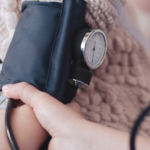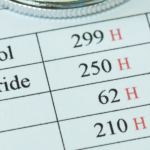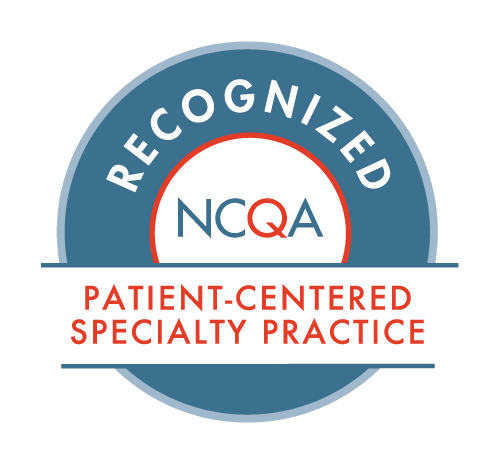Heart failure happens when your heart cannot pump blood well enough to meet your body’s needs. Over time, that strain can lead to symptoms like shortness of breath, swelling, and extreme fatigue. Heart failure prevention is possible, and it often starts with changes you can make today. Types of Heart Failure Heart failure is not […]
Some heart conditions develop quietly. They do not start with a dramatic event but with subtle signs that build over time. A check-up with a cardiologist can help catch issues early before they turn into something more serious. These are some of the most important signs that suggest it is time to schedule a visit. […]
Spring into heart health with Hunterdon Cardiovascular Associates! Our popular Walk with a Doc events have returned. For the past seven years, we’ve been part of this global program, encouraging our patients to incorporate physical activity into their healthy routines while offering a unique opportunity to connect with our doctors and have their questions addressed. […]
Coronary artery disease (CAD) occurs when fatty deposits, known as plaque, build up in the heart’s arteries and restrict blood flow. In extreme cases, the arteries can become completely blocked, resulting in stroke, heart attack, or heart failure. Typically, coronary artery disease develops over time, with symptoms not showing up for years, which is why […]
Heart disease is the number one cause of death in the U.S., but shockingly, 51% of people surveyed about the top causes of death do not know this very important fact. Sharing the importance of preventive heart care with our communities can potentially lead to fewer heart-related deaths and empower our loved ones to make […]
High blood pressure affects nearly half of all U.S. adults, but only one in four individuals with this chronic condition have it under control. When not treated, high blood pressure can damage the heart and increase the risk for complications, including heart attack and stroke, among many others. If you learn that your blood pressure […]
When you have a health condition related to your circulatory system, it can be hard to understand which medical specialist can provide the most support. Two common clinician types that help patients facing circulatory conditions are cardiologists and vascular specialists. Here’s what you need to know about the difference between the two. What Is a […]
If you have been diagnosed with an arrhythmia, it means your heart beats at a pace that is faster than typical, slower than typical, or with a different pattern than is typical. An arrhythmia can sometimes be corrected with medications. However, many arrhythmias may benefit from an implanted medical device, such as a pacemaker or […]
Hunterdon Cardiovascular Associates (HCA) is proud to announce that Dr. Andrew Rudnick has been named a 2024 New Jersey Choice Top Doctor. Dr. Rudnick is a cardiac electrophysiologist and leader of the team at The Center for Atrial Fibrillation and Electrophysiology at HCA. He is the current president of the medical staff at Hunterdon Medical […]
Dyslipidemia refers to lipid imbalances in the bloodstream. It can lead to cardiovascular complications when not treated, including heart attack and stroke. Fortunately, this condition can be effectively managed to reduce your risk for its related problems. Here’s a closer look at the link between dyslipidemia and heart health, and how to request an appointment […]













